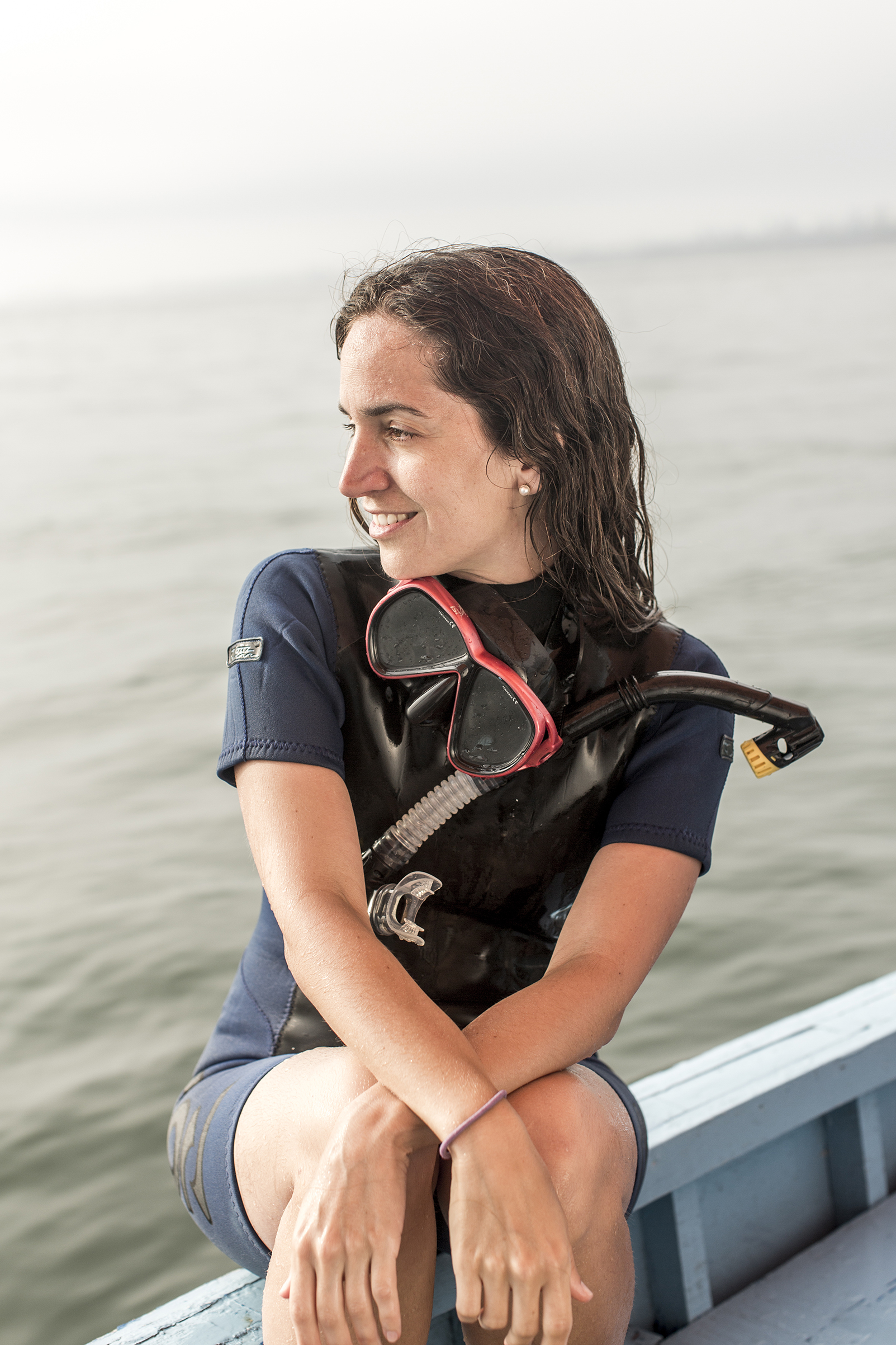It all began with an after-school group. Dissatisfied with how students seemed unimpressed by the small on-site zoo at her school in Lima, Kerstin Forsberg started a nature club to engage her peers and teachers. She was 9 years old.
Now 33, Forsberg is still devoting her life to creatures in need of attention. But her new club has a bit more clout: Planeta Océano, a volunteer-heavy NGO, aims to empower and educate coastal communities about their local marine environment, with a particular eye toward conserving northern Peru’s giant manta rays. “What really caught my attention was their vulnerability,” says Forsberg, pointing out that the mantas reproduce at the slow rate of one pup every two to seven years. “They were being eaten and sold, and no one cared. This iconic, majestic species was completely disregarded.”
Forsberg’s team developed a campaign to acquire legal protection for the mantas, which involved door-to-door canvassing and months of meetings with various authorities. After two years, the government finally took her proposals on board. “Conservation is a long-term commitment,” she says. “It’s impossible to solve an environmental issue or challenge in a day. It takes a lot of time, effort, resources, commitment and perseverance. That’s what drives us forward.”

- Donald Trump Is TIME's 2024 Person of the Year
- Why We Chose Trump as Person of the Year
- Is Intermittent Fasting Good or Bad for You?
- The 100 Must-Read Books of 2024
- The 20 Best Christmas TV Episodes
- Column: If Optimism Feels Ridiculous Now, Try Hope
- The Future of Climate Action Is Trade Policy
- Merle Bombardieri Is Helping People Make the Baby Decision